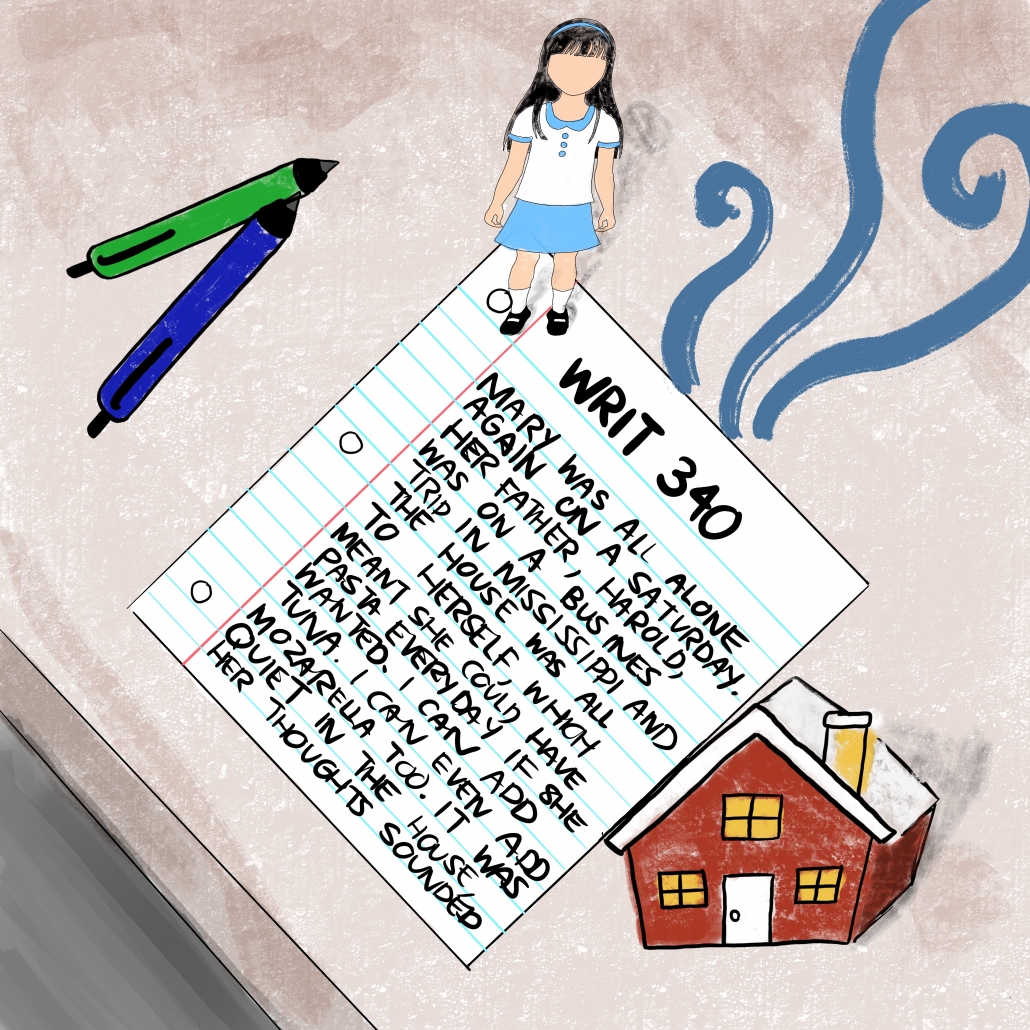WRIT 340 should have a creative writing alternative

USC requires that students take both WRIT 150 and WRIT 340 to graduate. These general education writing classes help develop students’ college level essay-writing skills and prepare them for any professional writing they may encounter in the workforce.
WRIT 340 teaches students skills such as technical writing for specific professions, how to write critically about humanities and the arts and how to write cover letters for job applications. However, they lack options for those pursuing creative careers or professions outside of law or STEM.
The program should be expanded to include a creative writing option for WRIT 340. While sections such as “Advanced Writing for Pre-Law Students” or “Advanced Writing for Natural Sciences” are helpful for students seeking careers in those specific professions, a creative writing option would give students who would not otherwise have the opportunity an avenue to express themselves.
Right now, students outside of the creative writing or screenwriting programs have little access to creative writing classes. While there is one creative writing class for nonmajors, all other classes, such as “Introduction to Fiction Writing” and “Introduction to Poetry Writing,” are only open to English majors with creative writing emphases. Even other students in the English department have difficulty signing up for those classes, and they are usually restricted to only the introductory courses. Adding a creative writing course that is open to all while also satisfying a general education requirement would make the subject more accessible to a wider group of students.
Adding this substitution to WRIT 340 would not undermine the course’s rigor. On the Dornsife Writing Program’s website, the course description explains that WRIT 340 “encourages students to, among other things, engage with the ethical issues that accompany their respective disciplines and the vocations to which these may lead.” There’s no reason that students could not explore ethical issues through creative writing. The writing does not have to only be narrative fiction — students could write in other formats like memoir, screenplay or poetry. These classes would be valuable to both seasoned writers and those who may not have had a way to express themselves creatively.
In an article for the UC Berkeley Greater Good Magazine, creative writing consultant Laura Bean argues that creative writing classes allow students to tell their own stories to their peers, aiding their growth as individuals. Students may find it difficult to express these feelings in WRIT 340 sections, which are exclusively focused on professional writing. Creative writing classes not only help people articulate their thoughts but also help individuals focus on personal growth and better examine their lives.
Creative writing courses also help students develop unique skills that may not have been taught in essay writing courses. In an article for The Atlantic, Rebecca Wallace-Segall, a creative writing educator, emphasized the impact of fiction on our society as a whole, saying that it is the most marketable and accessible way for people to convey ideas. She adds that these classes encourage students to engage in dialogues around social issues through the lens of creative fiction.
These styles of writing may not directly connect to careers that students wish to pursue, but they can help students engage with issues they may not have discussed in other classes. While not all students may respond to creative writing classes, giving students the options to take such courses could help the next generation’s writers and global citizens find their voices.
While the class does have an emphasis on preparing students for the workforce, not all students will go into a field that requires professional, formal writing. For those entering creative careers, this course would be an avenue to get professional training not offered in other WRIT 340 courses.
College is also a time for exploration, and adding a creative writing option could help students realize their passion for forms of writing other than essays. Even if these classes don’t produce the next great fiction author, they could help students break up the monotony of essay writing and perhaps reignite their interest in writing in general.

